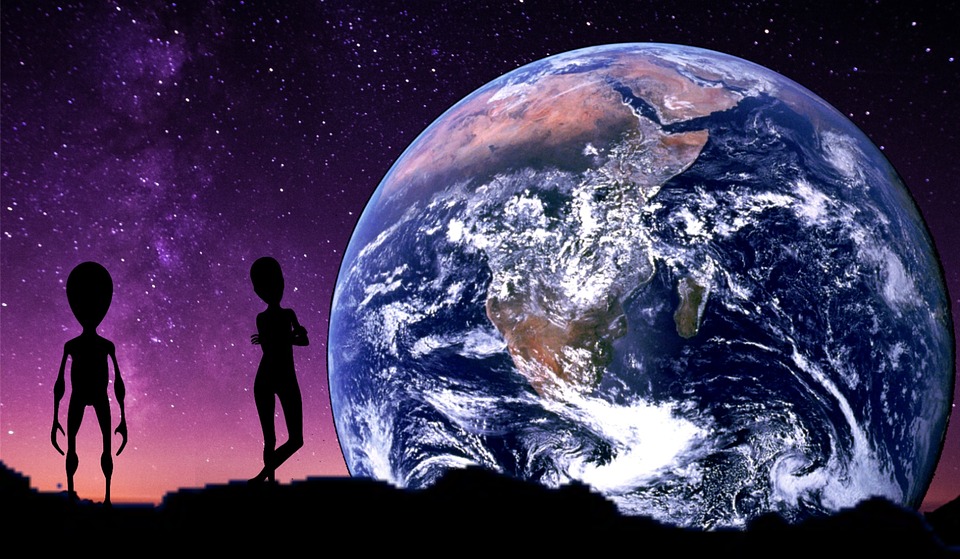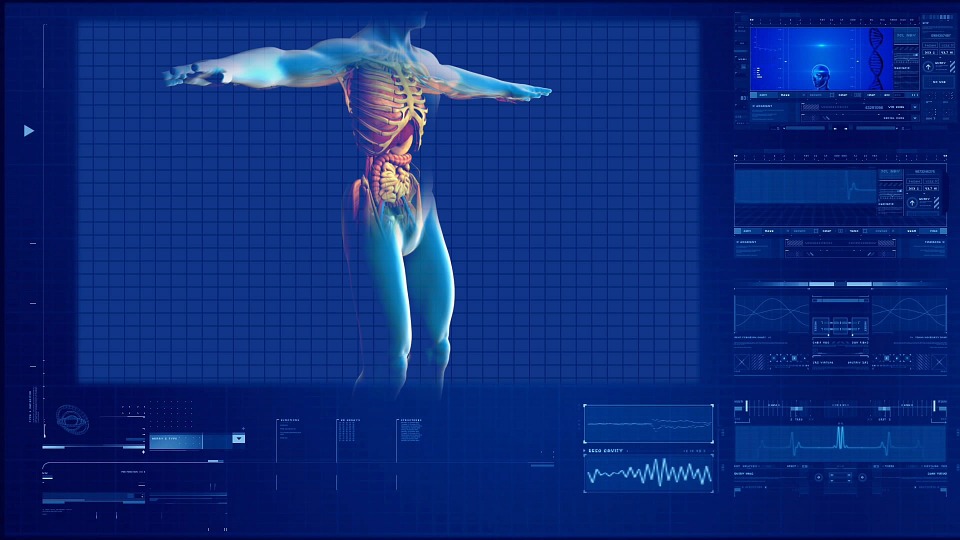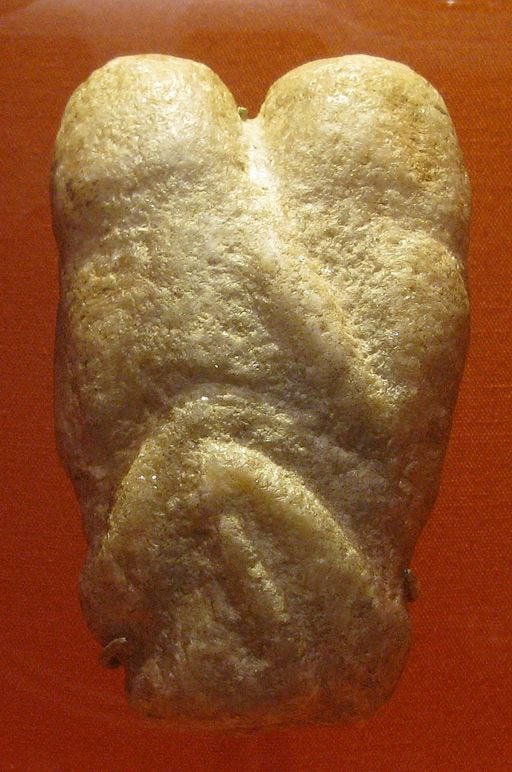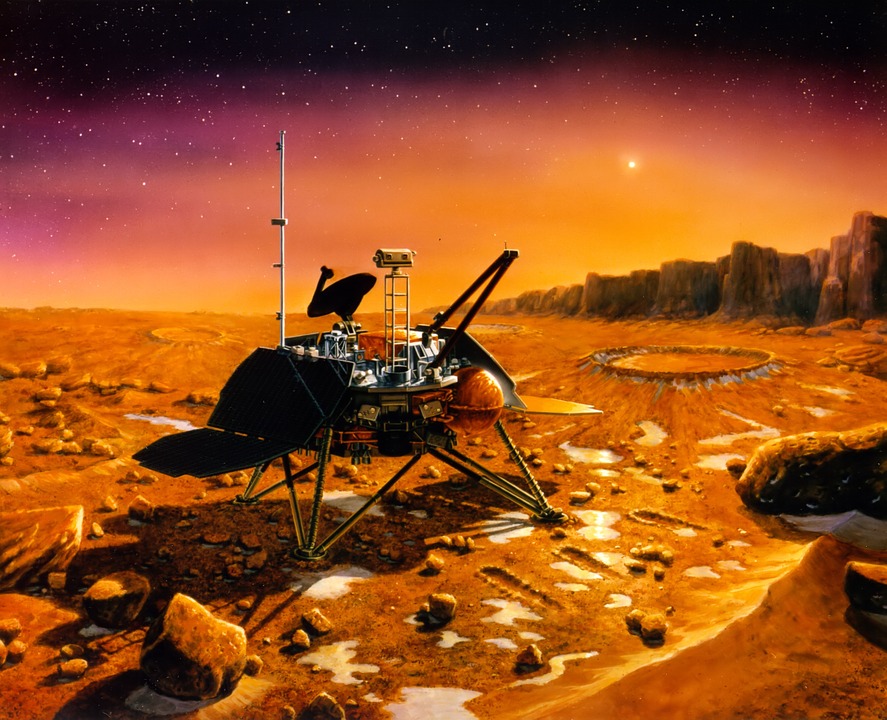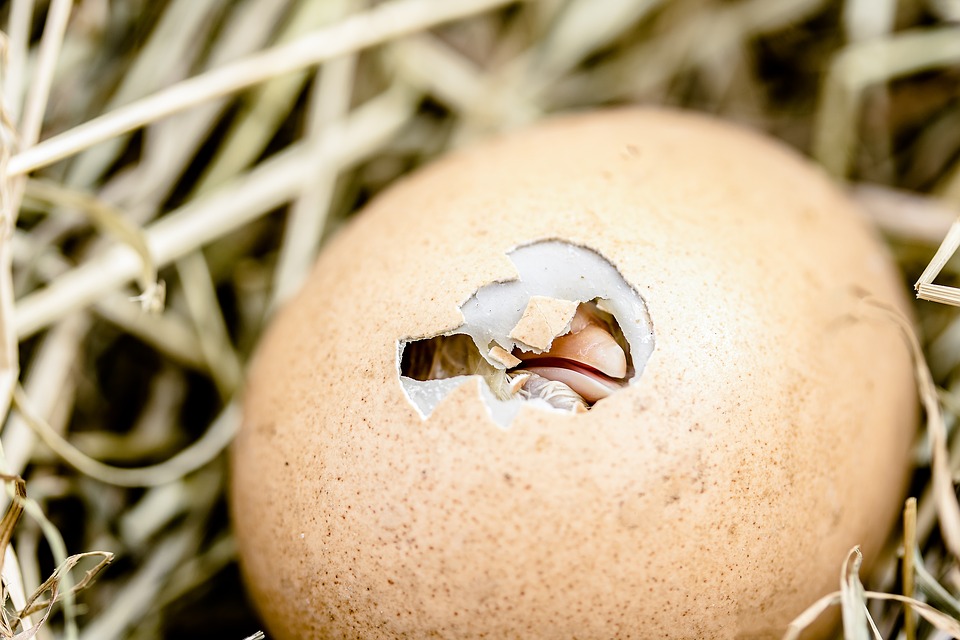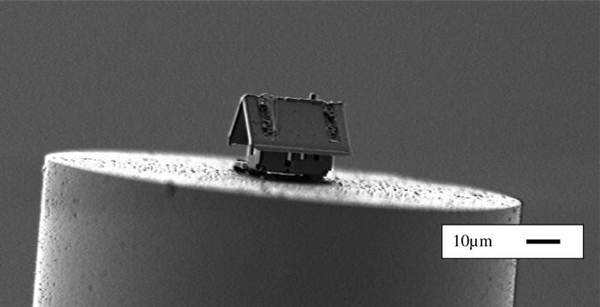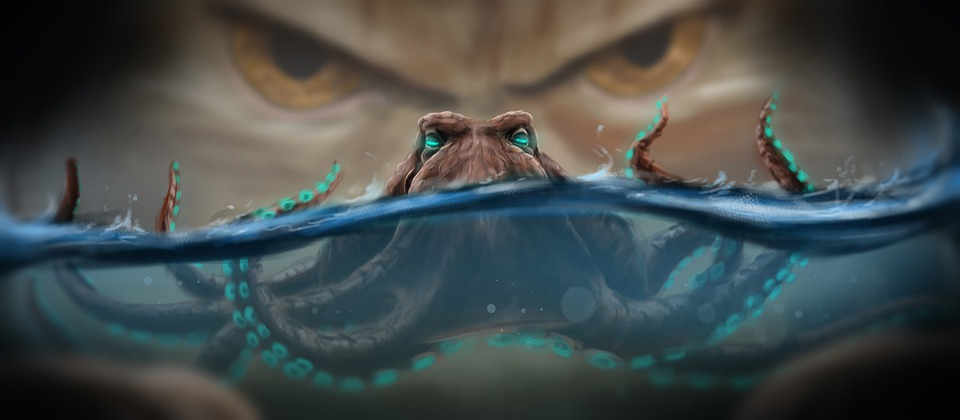SCIENCE: Did Most Men Die Off 7,000 Years Ago?
Modern men’s genes suggest that something peculiar happened 5,000 to 7,000 years ago: Most of the male population across Asia, Europe and Africa seems to have died off, leaving behind just one man for every 17 women. This so-called population “bottleneck” was first proposed in 2015, and since then, researchers have been trying to figure out what could’ve caused it. One hypothesis held that the drop-off in the male population occurred due to ecological or climatic factors that mainly affected male offspring, while another idea suggested that the die-off happened because some males had more power in society, and thus … Read more




